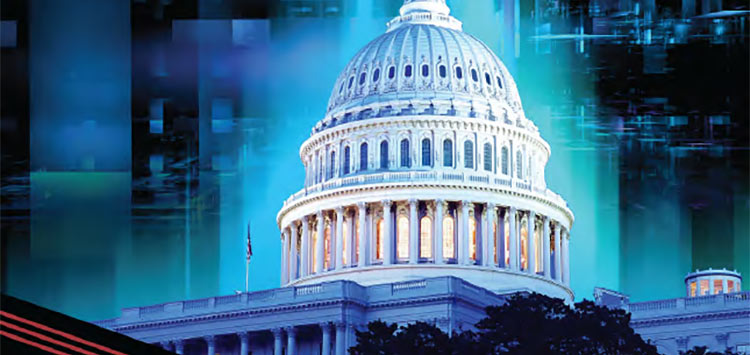Predictive Analytics Guides West Nile Virus Control Efforts in Chicago
Data-Smart City Solutions: Yes, it is Bill Gates, known to many as the richest man in the world, who compared the threat of mosquito-borne illnesses to Shark Week on the Discovery Channel. Gates has a point: mosquitoes are the transmitters of a long list of illnesses from malaria to Zika that pose a threat to people worldwide, yet many view them only as pests, not as a public health threat.
Chief among these mosquito-borne threats in the United States has been West Nile Virus (WNV). In 1999, WNV’s first reported cases appeared in Queens, NY; by 2001, it was detected in the Chicago area after an increase in bird deaths was linked to the virus. In 2002, Chicago suffered its first, and most severe, WNV epidemic: 225 human cases were reported, including 22 fatalities.
Despite the reach of the disease, not all mosquitoes carry West Nile Virus, mitigating the risk of transmission. In Chicago, for example, the most abundant species are only “nuisance” mosquitoes, which are not vectors (carriers) of the disease. For those who do contract WNV, the risk that it will advance to more serious symptoms is very low. Most people infected with the virus will not get sick; some (around 20 percent) may experience flulike symptoms. According to the US Centers for Disease Control (CDC), less than 1 percent of people bitten by an infected mosquito will become severely ill. Still, the number of WNV cases in an area could rise in any given year. The state of Texas, for example, had an unexpected outbreak in 2012: after only 27 cases statewide in 2011, the state was hit with 1,868 the following year. Across the United States, nearly 2,000 US residents have died from WNV complications since 1999. That number would likely be higher if not for surveillance measures to monitor human and non-human cases of infection. This surveillance allows local governments to take action (mainly in the form of mosquito spraying) to prevent the spread of WNV.
Tags
Share
Top Stories
- Green waste management solution allows Miami DPW managers to monitor dumpster levels from afar
- The States Where Driving Was Up and Down the Most After Covid Hit
- Zencity acquires analytics firm Elucd for broader sentiment analysis
- Why It’s Time to Get Serious About Intergovernmental Data Sharing
- How to Fairly Use Algorithms to Make Tough Decisions
- Blockchain Voting Debate Heats Up After Historic Election
- Grant Could Bring New Data Center to Wyoming County
- For America’s New Mayors, a Chance to Lead with Data
- Miami-Dade transit using AI to monitor passengers for social distancing
- ‘No bar’ to what election officials shared on Election Day, DHS says
- White House refutes Cuomo's coronavirus vaccine 'extortion' allegation
- How the Kennedy Election Started Big Data and Voting Blocks
- California’s Unemployment Backlog Grew to Over 1 Million Applications. Will Automation Speed Up Payments?
- Denver builds data analytics hub for easier COVID-19 analysis
- Geolocation Data Could Help Planners Design Communities that Require Less Driving
- California’s new data strategy aims at interconnectivity
i360Gov Newsletters
The most significant government policy, business, and technology news and analysis delivered to your inbox.
Subscribe Now

















